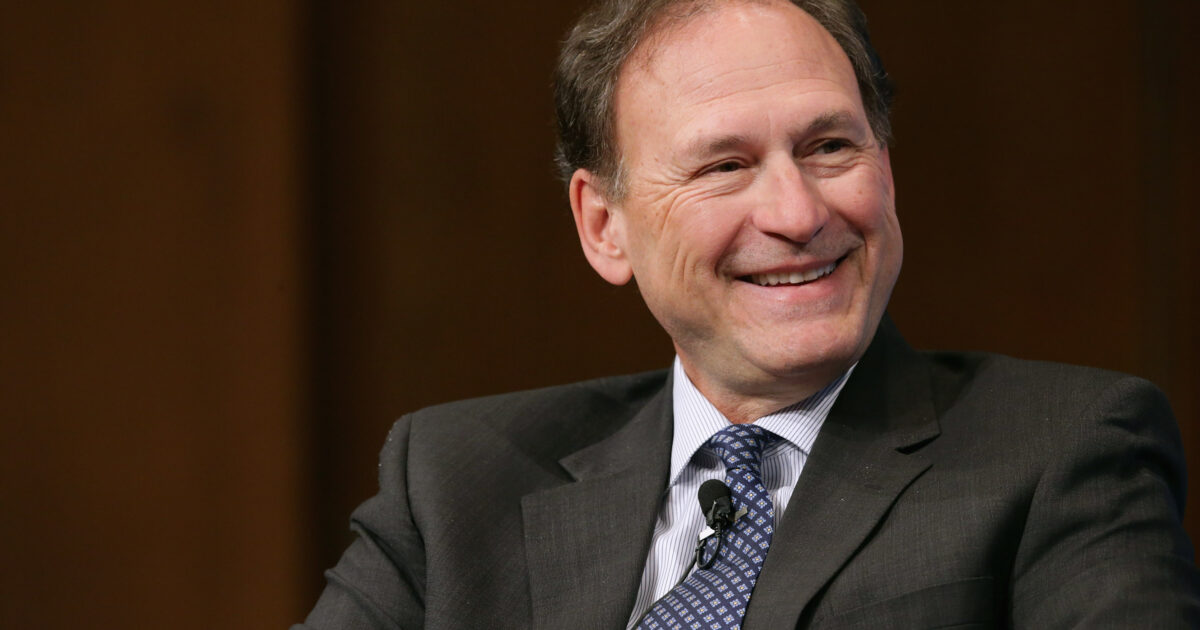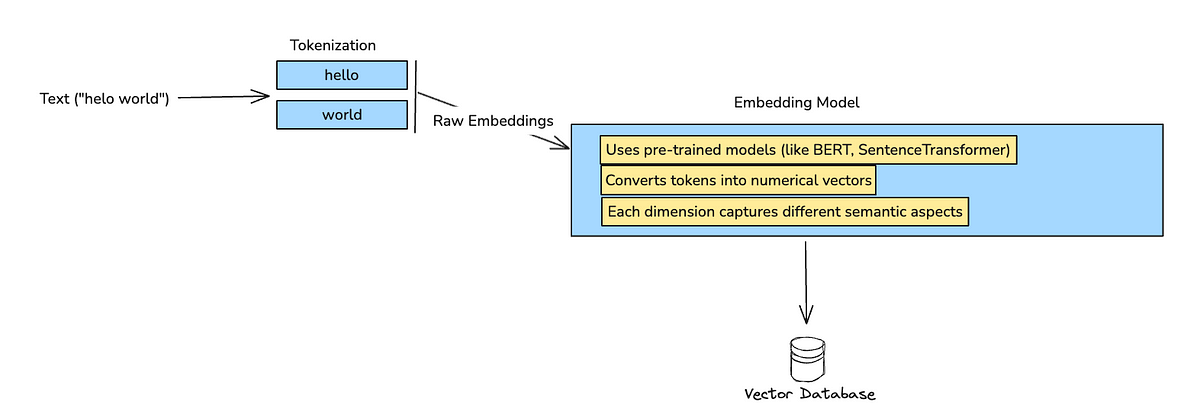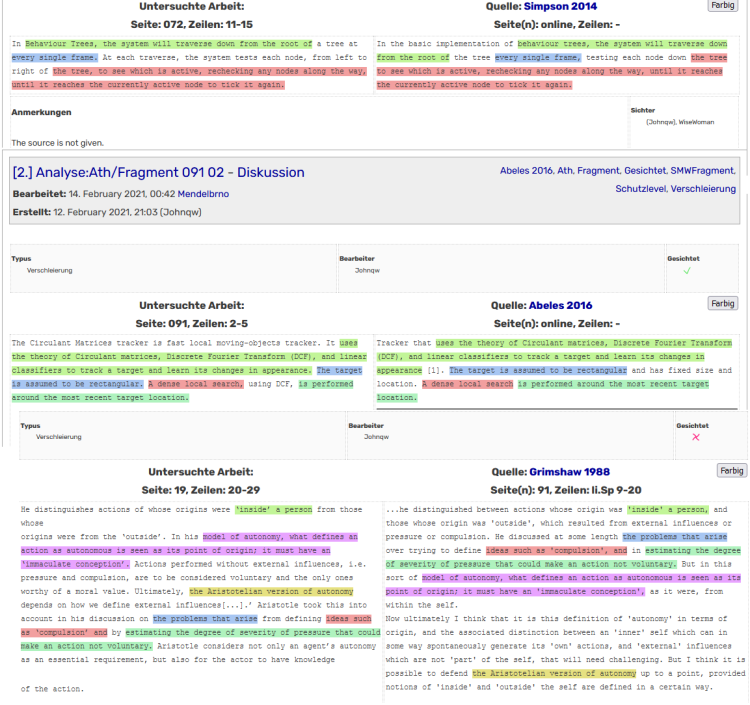
Court Order: It Is Unethical for Judges to Talk About Justice Sam Alito’s Unethical Behavior
In May 2024, the New York Times revealed that Supreme Court Justice Samuel Alito had flags affiliated with far-right extremist movements flying outside of his residences. Alito’s conduct triggered widespread demands for higher judicial ethics standards and meaningful enforcement when those standards are breached. And last week, the legal system actually meted out some discipline in relation to the incident…but not to Alito. Chief Judge Albert Diaz of the Fourth Circuit issued an order on December 10 finding that a federal judge violated ethical rules by publicly acknowledging Alito’s clear lapses in ethical judgment.
The Wall Street Journal reported on Tuesday that the target of the disciplinary measures was Michael Ponsor, a Senior Judge on the U.S. District Court for the District of Massachusetts. Ponsor published an essay in the New York Times over the summer titled “A Federal Judge Wonders: How Could Alito Have Been So Foolish?” This was a very good question. The foolishness at issue was an upside-down American flag —a symbol adopted by proponents of overthrowing the 2020 election on the false grounds that it was “stolen” from Donald Trump—which neighbors spotted in front of Alito’s Virginia home in the days following the January 6, 2021 attack on the Capitol. Two years later, people saw an “Appeal to Heaven” flag —an obscure emblem of Christian theocrats—hoisted high at Alito’s New Jersey vacation home. (Yes, two different flags, and two different houses.)
When a Supreme Court justice is exposed as a conspiracy-addled, antidemocratic reactionary, it becomes a bit more difficult for the Court to maintain its reputation as an impartial administrator of equal justice for all. Yet, somehow, Alito has faced no consequences for his misconduct, while Ponsor’s discussion of that misconduct gave rise to an ethical inquiry conducted by the Fourth Circuit Court of Appeals. The court’s determination that Ponsor violated ethics rules by publishing criticism of Alito shows that the judiciary is much less concerned with meeting ethical standards than it is with maintaining a myth that the standards are met.


/cloudfront-us-east-2.images.arcpublishing.com/reuters/HLIQQTUKUBPSRDYXRWI3OZP2MQ.jpg)


















